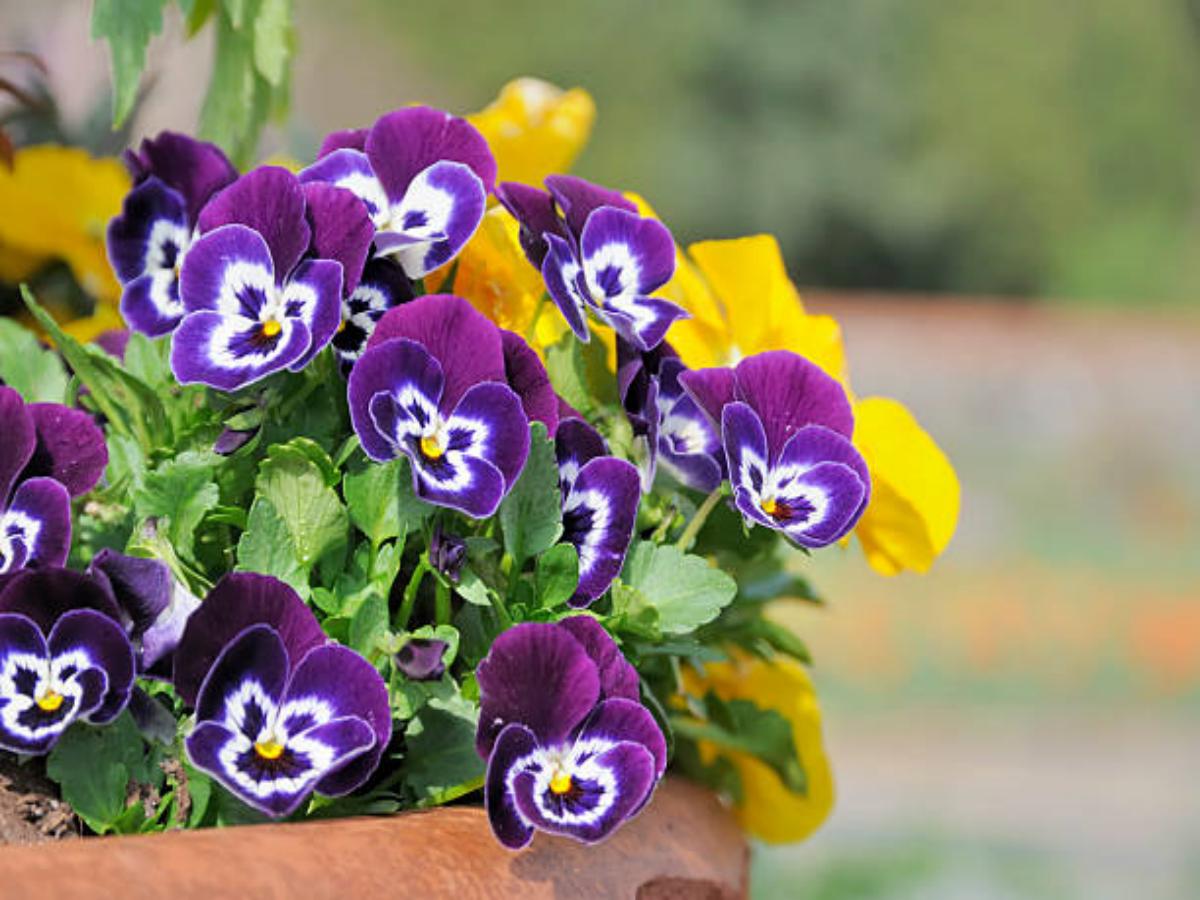Why Ceramic Pots Are the Best Choice for Indoor Plants
When it comes to choosing the right pots for your indoor plants, there are many options available. However, one type of pot that stands out from the rest is the ceramic pot. Ceramic pots have been used for centuries and are favored by both professional gardeners and plant enthusiasts. In this article, we will explore the reasons why ceramic pots are the best choice for indoor plants.
1. Excellent Drainage
One of the most important factors to consider when selecting a pot for your indoor plants is drainage. Ceramic pots, with their porous nature, provide excellent drainage for your plants. The porous material allows excess water to evaporate, preventing waterlogged soil and root rot. This is especially beneficial for plants that require well-drained soil, such as succulents and cacti.
2. Moisture Regulation of Ceramic Pots
Ceramic pots are known for their ability to regulate moisture levels in the soil. The porous material absorbs excess moisture from the soil, preventing overwatering and ensuring that the plants receive just the right amount of water. This moisture regulation is particularly beneficial for plants that are sensitive to overwatering, as it helps prevent root rot and other water-related issues.
3. Temperature Regulation
Ceramic pots have the unique ability to regulate temperature, which is crucial for the health and growth of indoor plants. The material of ceramic pots acts as an insulator, protecting the roots of the plants from extreme temperature fluctuations. This is especially important during hot summers and cold winters when indoor temperatures can vary significantly.
4. Aesthetic Appeal of Ceramic Pots
Aside from their functional benefits, ceramic pots also add a touch of aesthetic appeal to any indoor space. They come in a wide variety of colors, shapes, and sizes, allowing you to choose the perfect pot that complements your interior décor. Whether you prefer a sleek and modern design or a more traditional look, there is a ceramic pot that will suit your style.
5. Durability and Longevity
Ceramic pots are known for their durability and longevity. Unlike plastic pots that can degrade over time, ceramic pots are built to last. With proper care, they can withstand the test of time and continue to hold your indoor plants for years to come. Investing in ceramic pots is a wise choice for those looking for a long-term solution for their indoor gardening needs.
6. Stability of Ceramic Pots
Another advantage of ceramic pots is their stability. Their weight and sturdy construction make them less likely to tip over, providing a secure base for your indoor plants. This is especially important for taller or top-heavy plants that may require extra support.
7. Protection from UV Rays
Exposure to direct sunlight can be harmful to some indoor plants. Ceramic pots offer protection against harmful UV rays by blocking out a portion of the sun's rays. This can help prevent sunburn and damage to the plant's foliage, ensuring its overall health and vitality.
8. Environmentally Friendly
For those who prioritize sustainability, ceramic pots are an excellent choice. They are made from natural materials and can be recycled or repurposed when they reach the end of their lifespan. Choosing ceramic pots helps reduce your carbon footprint and contributes to a greener environment.
9. Versatility of Ceramic Pots
Whether you have a collection of succulents, tropical plants, or flowering varieties, ceramic pots are versatile enough to accommodate a wide range of indoor plants. Their neutral and timeless design ensures that they can easily blend in with any plant type, allowing you to create a cohesive and visually appealing indoor garden.
10. Improved Air Circulation
Ceramic pots provide better air circulation around the roots of your indoor plants compared to plastic pots. The porous material allows air to flow through the soil, promoting healthy root growth and preventing the buildup of excess moisture. This leads to stronger and more resilient plants.

